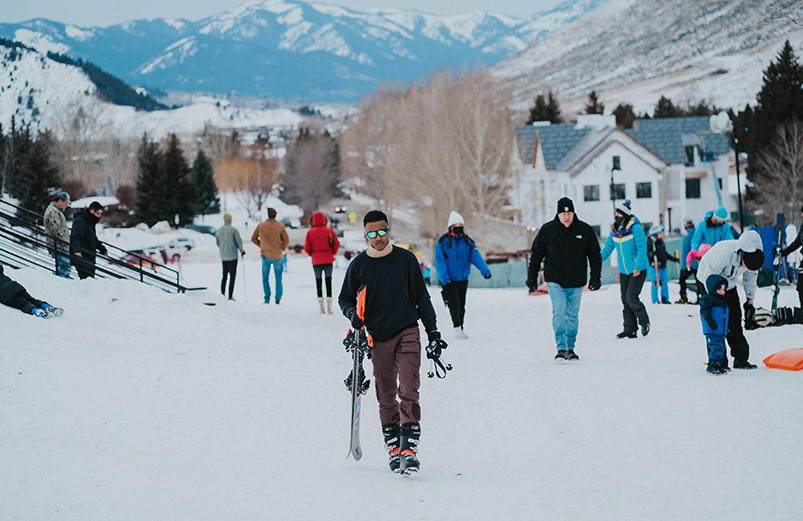Our Mission
Vision
We aspire to be an internationally recognized leader in use-inspired transdisciplinary and convergent research focused on supporting resilient and innovative rural communities and the ecosystems that sustain them throughout the West.
Mission
Our goal is to work alongside Wyoming communities to better understand, plan for, and respond to diverse drivers of change so that they can thrive and innovate in the future.
Strategies
We will accomplish our mission through helping communities utilize future-thinking tools to anticipate and plan for change, creating scalable and community-owned solutions, growing technological fluency, and building the workforce needed for Wyoming’s future.
Wyoming between Old West and New West
As one of the most rural and low-population density states, Wyoming – until recently – has maintained a predominantly “Old West” culture, supported by an economy heavily dependent on energy and extractives, tourism (primarily outdoor recreation) and agriculture (primarily ranching), and largely considered an outlier in the “New West” transformation of the last 30 years.

Wyoming is primarily an exporter of resources and an importer of tourists, and as such it is sensitive to decisions made outside the state. External drivers of change, including markets, policy, climate change, shifting demographics, and in-migration, as well as internal desires from communities related to retaining youth, developing sustainable economies, and maintaining quality of life suggest a need for rural transformations owned and designed by communities but taking advantage of new technology, innovative policy, and various approaches to futures thinking.

